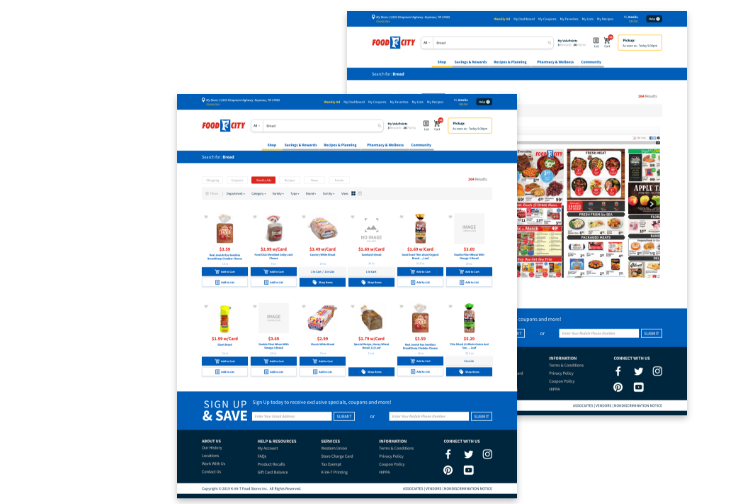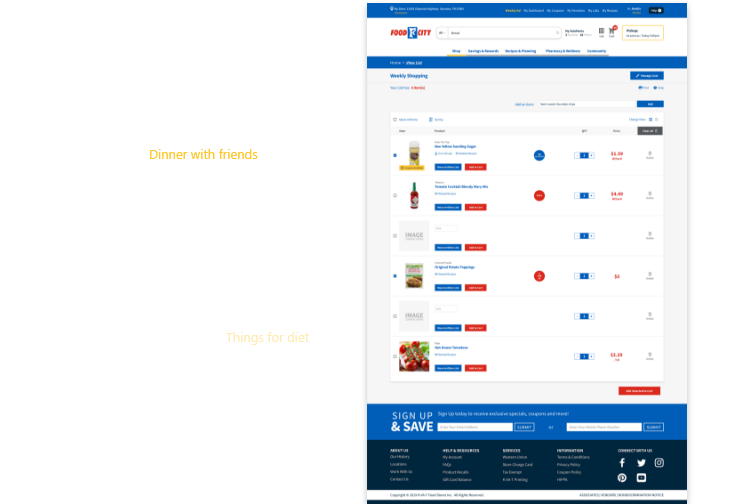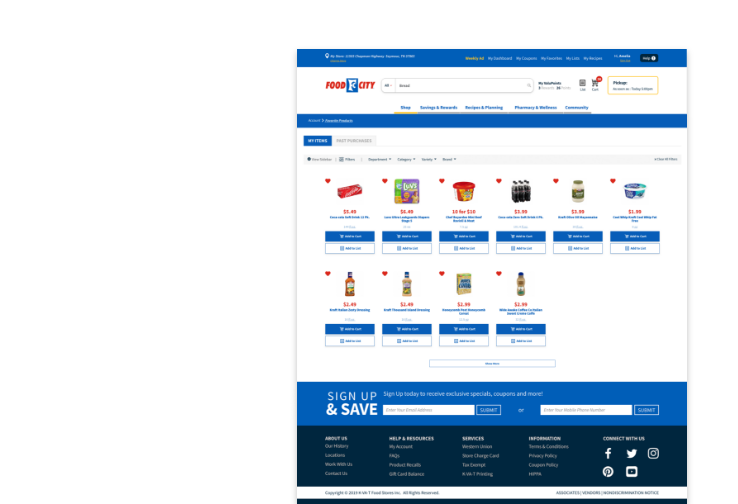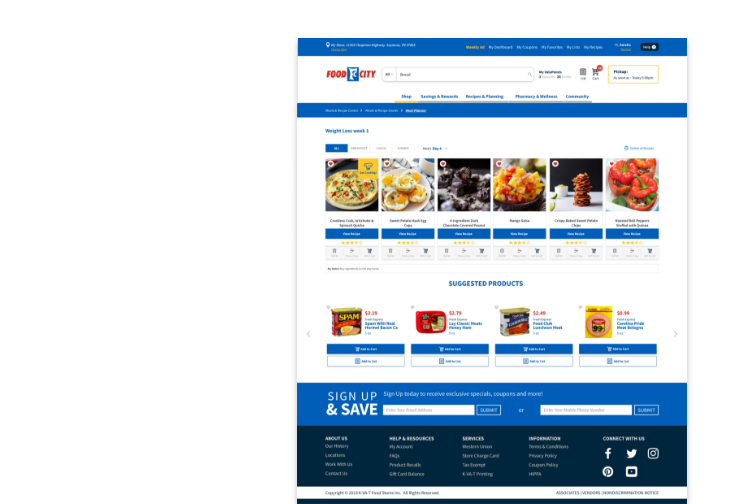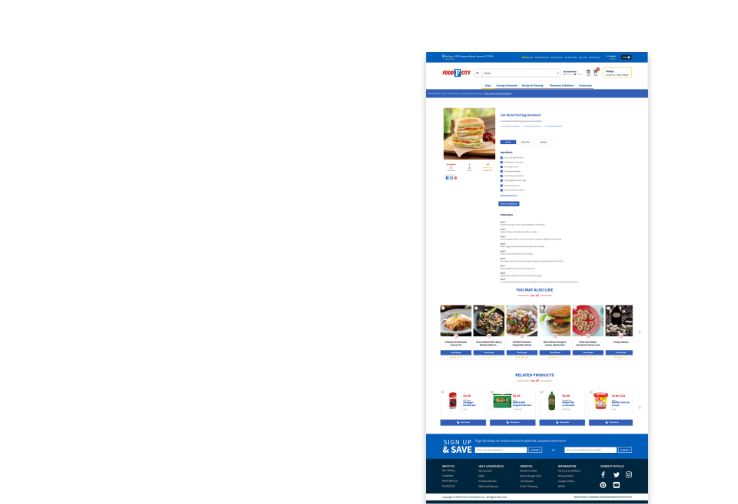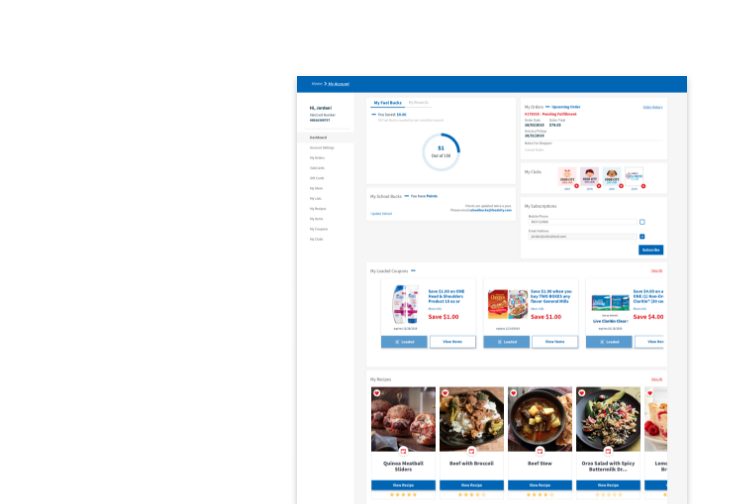
Wellness Club — Fall in Love with Winter Squash
Abingdon, VA. -
Thursday, Oct 1, 2020.
Written by: Elizabeth Hall, MS, RDN, LDN, Food City Registered Dietitian
Fall is here! Although it is still a little hot outside, crisp autumn air and fall foliage are coming our way and this beautiful season is often accompanied with delicious fall produce, including winter squash!
The most famous winter squash for this time of year is, of course, pumpkin! Pumpkins can be found just about everywhere, in lattes, breads, muffins, and pies. Like other winter squashes, pumpkins are not only tasty, but they are nutritious too! Pumpkins are fat free, sodium free, and low in calories. They are a good source of vitamin K and have fiber to help slow digestion and keep you fuller longer. The orange flesh contains the antioxidant, beta-carotene, which is the precursor to vitamin A, a nutrient important for immune health. Other varieties of winter squash may have more of various nutrients like acorn, kabocha, and butternut squash which are all good sources of vitamin C. Spaghetti squash, buttercup squash, and banana squash have a similar nutrient profile as well.
Technically a fruit, winter squash is versatile. The flesh can be cooked, pureed, and added to a variety of recipes or roasted and eaten as is. The seeds can also be roasted and seasoned with different herbs and spices for a high-fiber snack or salad topping.
An easy way to prepare a winter squash is to slice the entire fruit in half, place the cut side down on a baking sheet, and roast at 400 degrees for 45 minutes to an hour or until a fork easily pierces the flesh. Scoop out the cooked flesh to eat as is or puree it in a food processor to reach the desired consistency. Fresh winter squash can be eaten alone or added to smoothies and oatmeal, or blended into dips and spreads.
When choosing a winter squash at the store, choose squash that are symmetrical and heavy for their size. The smaller sizes typically have a sweeter flavor and work well in desserts or sweet breads. Winter squash can be stored for up to a month in whole form or several days in the refrigerator after cooked.
